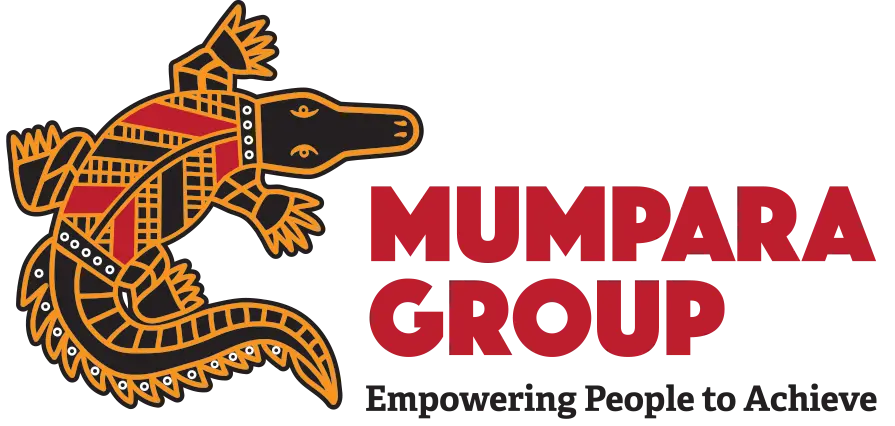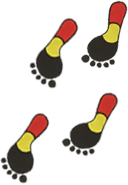Understanding cultural competence as part of quality recruitment services is vital. Therefore, organisations striving to dismantle barriers must prioritise this. It is essential for creating equal opportunities for Indigenous applicants.
How do we create cultural competence within organisations so that when Indigenous people apply for roles and attend interviews, they feel seen, heard, respected and understood?
Throughout this blog, we’ll explore several fundamental aspects. Understanding Indigenous cultures is crucial. Creating a welcoming interview environment is essential. Respecting cultural protocols is important. Avoiding biases is key to an organisation’s recruitment framework.
Understanding and Mitigating Bias in Recruitment
Biases and stereotypes unintentionally influence our perceptions. For instance, there are countless assumptions about educational backgrounds. Work ethic or communication styles can also be misjudged. These assumptions can overshadow an Indigenous person’s character and potential.
A few strategies can help address this, and these approaches will come more naturally when all staff — and especially hiring teams — are trained in cultural competency.
Using standardised questions and scoring rubrics to evaluate all candidates consistently on the same criteria is a proven method to ensure fairness and objectivity. Focusing on candidates’ achievements, qualifications, skills, and experiences relevant to the job also helps ensure merit-based hiring decisions.
Include a diverse group of people in the hiring process. Additionally, different perspectives help counteract individual biases. They lead to a more balanced and fair assessment of a potential new hire. Furthermore, ensure you have a feedback and reflection process. This process helps identify and address any lingering biases.
Respectful and Inclusive Interview Strategies
Diversity training programs are part of most modern business strategies. If your organisation hasn’t yet, they are an outstanding way to equip people with the knowledge and skills to reshape unconscious biases and respectfully engage with Indigenous applicants and colleagues – and the world.
The recruitment process is a two-way street and a stunning opportunity for both the candidate and the organisation. It allows candidates to be seen and understood for their cultural identity, enabling them to showcase their strengths confidently. For the organisation, it’s a chance to determine whether the Indigenous talent will align with the culture if they are offered and accept a role.
Interviewers can ask thoughtful questions, show genuine interest, and avoid unintentional microaggressions to create a space where Indigenous applicants feel comfortable and valued.
Here are a few tips
- Equip interviewers with cultural competency training to understand Indigenous customs, communication styles, and historical contexts.
- Start the interview with a warm greeting and take a few moments for casual conversation.
- Explain the interview process and what they can expect, ensuring candidates feel prepared.
- Understand that silence can be a part of communication in many Indigenous cultures. Allowing pauses in the conversation for thoughtful consideration of responses without rushing helps Indigenous people feel more at ease.
- Offer flexibility in how interviews are conducted. Some candidates prefer a panel with an Indigenous representative present or may feel more comfortable in a less formal setting.
- Show what ongoing support and mentorship opportunities are available within the organisation for Indigenous employees. This demonstrates a commitment to their professional development and success.
Inspiring Indigenous Achievement Through Integrated Solutions
Developing cultural awareness as part of quality recruitment services is an investment in a better world, not just the workplace. Everyone feels valued and respected on a level playing field where opportunities for Indigenous job seekers are plentiful. This allows them to have a long and rewarding career.
Discover how Mumpara Group can help you transform your workforce – contact us today.




